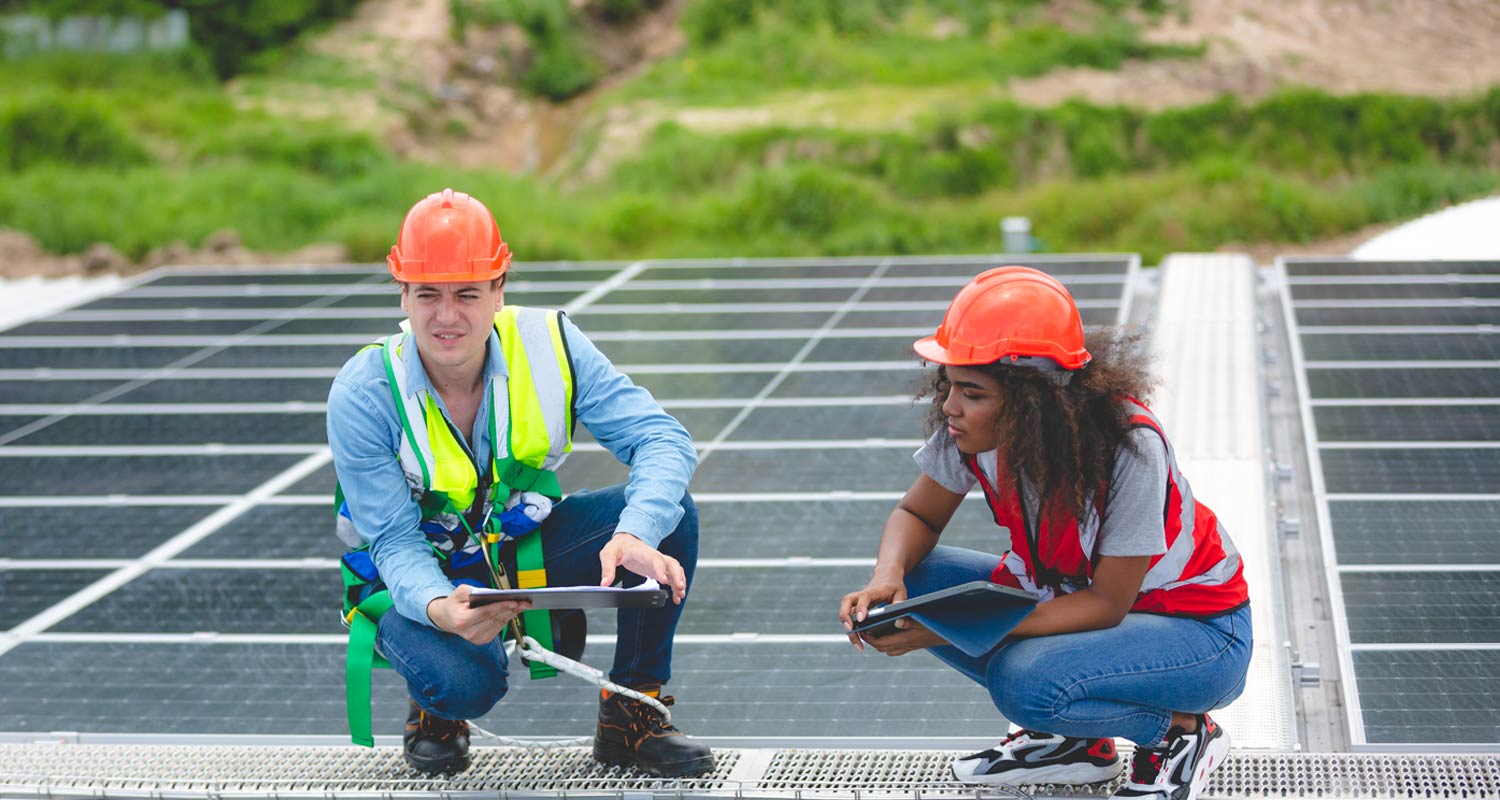 As South Africans transition into the colder months, so their energy needs and consumption patterns change.
As South Africans transition into the colder months, so their energy needs and consumption patterns change.
From the length of day to the angle of the sun in the sky, there are many factors that affect solar panel performance in winter. It’s important that we, as consumers, also understand how our energy needs and behaviours shift through the different seasons so that we can implement practical steps to maximise our solar systems at this time of year.
Regardless of your geographic location, the simple fact that the sun is just not up for as long in winter as it is in summer has the biggest impact on solar systems. The angle of the sun also plays a role. The sun is lower in the sky in winter, which impacts when it starts hitting your panels at optimum angles, as well as an increased chance of shading occurring.
Interestingly, cooler temperatures are actually better for solar efficiency. Solar panels at the coast perform better relative to those in hot areas like the Karoo due to the cool sea breeze. This is because solar panels rely on light, not heat.
It might seem obvious, but it is also crucial to understand how our energy needs shift through the year, from season to season. In winter, the days are shorter, and the nights longer, meaning lights are switched on earlier in the morning and evening. Naturally, you heat more in winter with oil and bar heaters, electric blankets, and kettles.
Your geyser works harder, too, because your ambient temperature is much lower, and the geyser must be on for longer periods to reach and maintain a certain temperature.
Location, too, plays a part in your seasonality impact. If you live in Cape Town, for example, you are likely to use tumble dryers more because of high winter rainfall, whereas in Johannesburg it’s sunny almost every day.
A change of seasons
So, how can we optimise our solar efficiency and mitigate the impact of season changes on our systems? Some practical changes include shifting your loads to sunlight hours if you have solar, and installing timers on your geysers so they work during the day when the ambient temperature is higher.
Installing more solar panels and batteries would assist with resilience to cloud cover and rain in areas like the Cape during winter. More panelling makes sense in these areas, and now is a good time to upgrade as panel prices are at an all-time low.

A few other practical ways to optimise your solar efficiency in winter include:
- Using high-power electric appliances when solar panels are generating the most (in the middle of the day);
- Running washing machines and dishwashers at lower temperatures and during sunlight hours;
- Where possible, cooking evening meals during the day (using a slow cooker on low power rather than the stove or oven during the evening);
- Washing on sunny days to avoid using the tumble dryer;
- Turning off appliances and lights when not in use; andnstall timers and blankets on geysers.
The author, Ross Mains-Sheard, is co-founder and CEO of Versofy Solar
- The views of columnists published on TechCentral are their own and do not necessarily reflect the publication’s views

